Discovering who owns a domain name can be a complex journey. Each step unearths details buried in layers of digital registration. It’s more than a simple lookup; it’s about piecing together a digital puzzle.
WHOIS Lookup
The foundation of unravelling domain ownership starts with a WHOIS lookup. WHOIS databases provide detailed information about domain registrations. To begin, head to a WHOIS lookup service. Many registrars, including GoDaddy, Name.com, and Domain.com, offer this tool for free.
Navigating the WHOIS Database
Once at a WHOIS portal, enter the domain name. The search query provides registration details. It includes the registrant’s name, contact information, and registration dates. However, these details can sometimes be masked for privacy.
Privacy Protected Domains
Privacy protection services can obscure the actual owner’s details. Many domain registrars offer this service to protect personal information. If privacy protection is active, the WHOIS information could be limited to the registrar’s details.
Using ICANN Lookup
Another resource is the ICANN Lookup tool. The Internet Corporation for Assigned Names and Numbers (ICANN) manages the WHOIS database. It provides authoritative and comprehensive domain registration information.
Historical WHOIS Data
For deeper insights, historical WHOIS data can be useful. Services like DomainTools provide past records of domain ownership. These historical records can reveal previous owners and changes over time.
Contacting the Domain Registrar
If WHOIS data is private, reaching out to the registrar helps. The registrar’s contact information is available on the WHOIS listing. Inquiries about the domain ownership can be directed there, sometimes revealing the current owner indirectly.
Domain Broker Services
When direct contact fails, domain broker services come into play. Brokers negotiate with domain owners on behalf of potential buyers. This service is particularly useful for high-value or brand-specific domains.
Social Media and Search Engines
Searching the domain name in social media and search engines can yield clues. Owners often leave traces through business listings, social profiles, or forums. Leveraging detailed search queries can uncover these digital breadcrumbs.

Legal Considerations
Understanding legal implications is crucial. Ownership inquiries should respect privacy laws and regulations. Misuse of WHOIS data can lead to legal challenges.
Specific Scenarios
Different scenarios require tailored approaches. For instance, defunct domains might require contacting hosting providers. Understanding the context and current state of the domain shapes the discovery method.
The Role of Geo-Specific Extensions
Geo-specific domains, such as .uk or .de, might offer localized ownership details. These extensions reveal regional registration information, often governed by stricter local regulations.
Investigating Suspicious Domains
For suspicious or malicious domains, additional tools are necessary. Services like VirusTotal or domain blacklists provide security-related information. These tools assess the domain’s reputation based on global data.
Balancing Transparency and Privacy
Finding domain owners balances transparency and privacy. The digital ecosystem thrives on this equilibrium. Respecting privacy ensures trust, while transparency aids legitimate inquiries.
Domain Ownership in the Digital Age
As digital landscapes evolve, so do domain ownership complexities. Emerging privacy laws and technology shape this ever-changing domain. Keeping abreast with trends aids in effective navigation.
The Digital Trail
Finding who owns a domain isn’t a straightforward path. It’s about piecing together digital footprints, respecting privacy, and leveraging available tools. Each step uncovers layers, ultimately revealing the unseen stewards of online spaces.
TOO.ae
